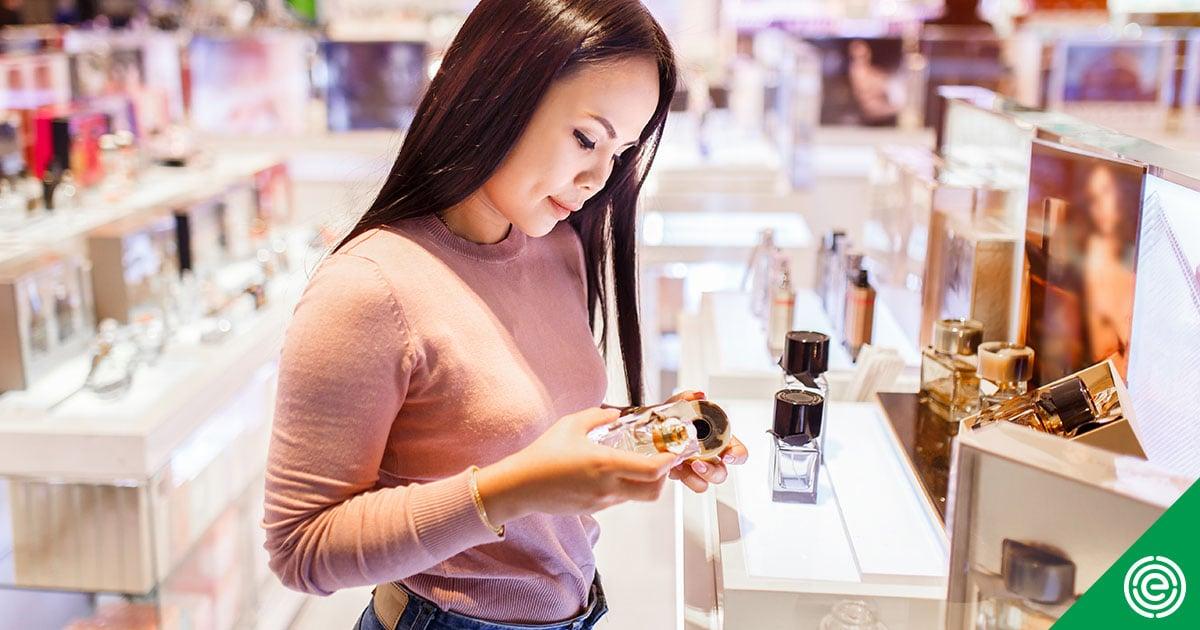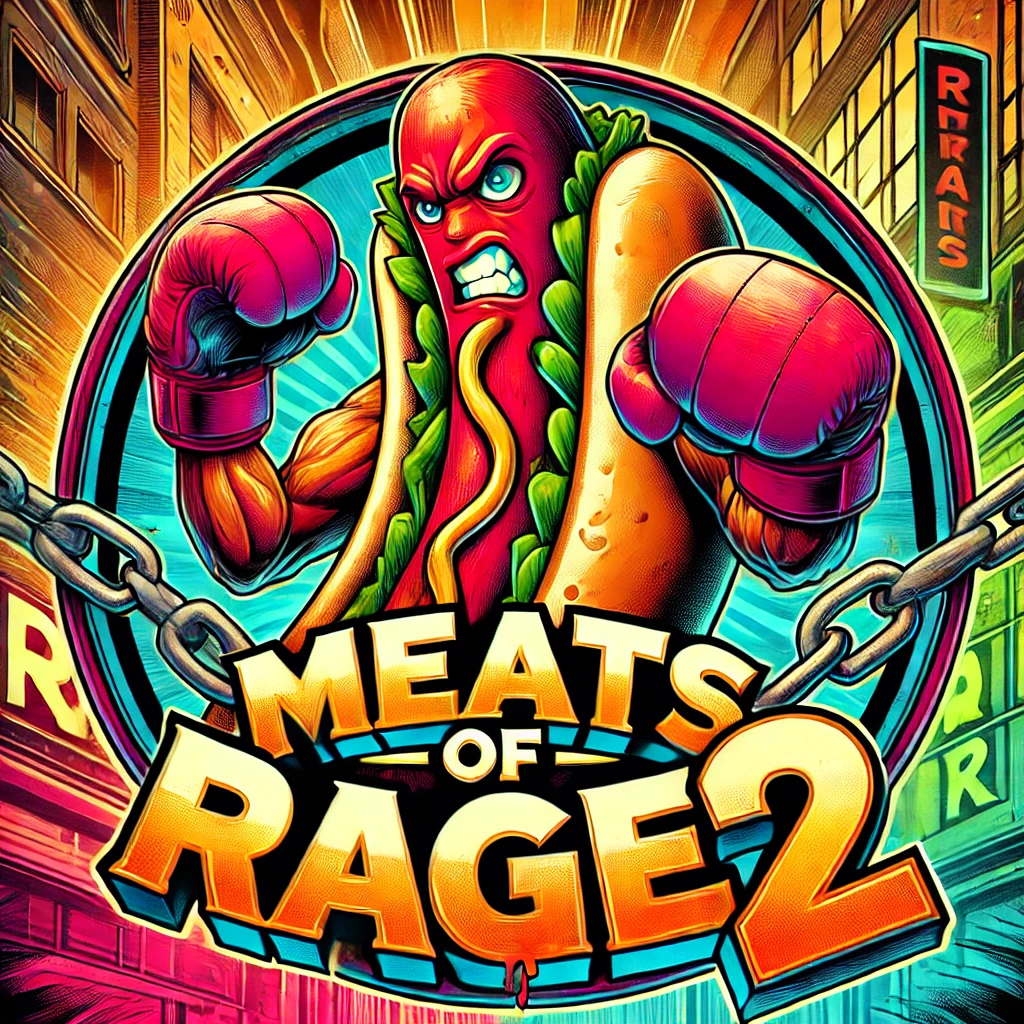It’s pretty great for finding a soap or sunscreen that will be easy on your body and the planet. Thanks, Environmental Working Group!
I’m a little confused by the grading here
Says it has allergic effects. No shit? It’s full of citrus, as it says on the Lush website.
Says it has irritation for eyes potential. No shit? Don’t put citrus in your eyes, somehow this isn’t an issue for denatured alcohol though, which is toxic on purpose (so as to prevent it’s consumption as surrogate alcohol).
Then says it has Fragrance in it, fair enough that is proprietary, could be some shit in there.
The page for it says Allergies & Immunotoxicity is the only high common concern.
Again obviously you can have an allergy to everything so it’s a bit redundant, no? A full list of potential allergens would just be a list of everything, no?
If citrus fruits are a potential irritant, then so is ethanol, no?
Lush uses “DRF Alcohol”, which they claim is from Beets: https://www.lush.com/uk/en/i/drf-alcohol
“This alcohol is made out of beets in Europe.”
So there’s a pretty good chance it’s an Ethanol with added bitterant, and possibly some small quantity of methanol ala https://www.sigmaaldrich.com/GB/en/product/mm/ex0273
This is commonly used in perfume, you can find this on sale for DIY fragrance makers as well with a quick Google search. The safety data sheet lists quite a few hazards, one of which is irritation and being harmful if swallowed.
And yet,
https://www.ewg.org/skindeep/ingredients/700215-ALCOHOL_DENATURED/
The ingredient page doesn’t even list potential irritation as a low risk issue. Idk, I’m not a chemist, but I wouldn’t spray perfume into my eyes, not any ethanol for that matter.
Well what about the problematic ingredients in that lush spray, “fragrance”, what does it say?
https://www.ewg.org/skindeep/ingredients/702512-FRAGRANCE/
For immuntoxicity, the table just shows a bunch of vague and uncited claims, referencing some mystery “open science literature”.
Neither the product nor ingredients pages explicitly link to specific claims from peer reviewed sources such as journals doing literature reviews on the topic or even studies or papers on the subject, nor do they include a mechanistic explanation for the phenomena.
Known human immune system toxicant or allergen
How can it be known if the whole point is that it’s unknown and proprietary?
Human immune toxicant or allergen - strong evidence
What evidence? Where is it linked?
One or more human case studies show significant immune or allergenic effects
So is it one, or is it more? Which study? Where?
Then in Data Gaps it says:
“6578 studies in PubMed science library may include information on the toxicity of this chemical”
May? So do they or don’t they? Which studies?
I’m not a scientist, but this doesn’t scream exactly scientific, you can’t just write “Source: science literature” I would’ve been expelled from uni trying to pull that shit even at first year bachelors’ level in an engineering course.
So it seems that this isn’t science or even evidence based, cursory Google search seems to suggest this EWG is a dodgy lobbying group that claims to be a non-profit. Where there is lobbying - there’s power/money and incentive/goal.
http://www.undueinfluence.com/ewg_complaint.htm
http://www.forbes.com/sites/henrymiller/2011/09/28/cleaning-up-the-ewgs-dirty-dozen/
http://www.realclearscience.com/2012/06/22/food_safety_science_vs_green_agenda_247623.html
They also made a film called “Not So Pretty”, which urged people to throw away their “toxic” and “harmful” existing beauty products per the ratings, and buy ones that EWG recommends in the app and database they very conveniently provide with direct purchase links for your convenience, where they lay out unsourced unscientific claims about the safety of various products.
It doesn’t help that instead of taking donations in a more true non-profit spirit, the use referral links, which they do state to be fair:
When you make a purchase through retailer links on our site, we may earn commission through affiliate programs. All affiliate fees EWG receives support our nonprofit mission.
With all that in mind, I gotta say I have doubts
Take this as you will, but if you ask me, this seems like a simple marketing scheme to prop up certain products and sell them to those who want to do right by the environment and look after their health by creating a fake “certification” of sorts with no basis in or reference to science, from a dodgy lobbying group complete with convenient referral links to buy said products right on the page, no different from recycling symbols on soda bottles, this appears to be more marketing than truth.
EDIT:
Their legal disclaimer reads:
Accuracy. EWG has worked to ensure the accuracy of the information it provides through its products and services, including through EWG’s web, database, e-mail, and mobile application properties. The product ratings, images, conclusions, recommendations, and findings that appear on EWG’s web, database, and mobile application properties, or in e-mail messages, reflect EWG’s research at the time of publication
https://www.ewg.org/legal-disclaimer
So it seems like this is just entirely their research. They don’t state how they have “worked to ensure” accuracy of information, just that they did, which is corporate bs speak, and not very advanced at that. The fact it also says this is just “EWG’s research” seems to suggest they don’t want to explicitly cite evidence either.
And somewhat more damning is that they say they obtain information from “many sources” but once again don’t specify it, and don’t guarantee any accuracy:
Please be advised that this information frequently relies on data obtained from many sources, and accordingly, EWG cannot guarantee the accuracy of the information provided or any analysis based thereon.
Yeah seems sketch.
I just want to point out that, when browsing fragrances and sort from worst to best, you have to get to page 7of 18 to even reach “Moderate Hazard”, so 30% of tested products were classified as “High Hazard”.
This is consistent with information available elsewhere: https://www.bcpp.org/resource/right-to-know-exposing-toxic-fragrance-chemicals-report
https://health.osu.edu/health/general-health/how-fragrances-affect-health
I was baffled that quite a few people were not aware of how harmful many fragrances are.
Thanks to massive lobbying, and this won’t surprise anyone on Lemmy, but cosmetics as a whole have no regulatory oversight mechanism. The FDA can recommend things and it’s up to corporations to self-regulate, which usually works well with no significant fines to deter bad actors.
Don’t let your kids use anything.
Yup and “health supplements” are in the same boat
EWG is a well known pseudoscience peddler, even going as far as anti-vaxx claims https://en.wikipedia.org/wiki/Environmental_Working_Group
I wish this had a way to filter by ingredient. I could only see a way to filter by brand or approval. My partner has a list a mile long of allergens and finding makeup is a challenge.
Check out the app Yuka (I assume it’s also on iOS). You can scan the bar codes of food and body products to get the health score and warnings.
A colleague of mine just pointed this app out. I love that this exists.
But make sure to dig into the additional info and draw your own conclusions.
For instance, it ranked Pure Life water (a typical bottle of water) at 65/100 because it contained sodium bicarbonate. This is something in the category of emulsifiers, a category that one study related to breast cancer, a preliminary study noted to have discrepancies. That’s a few leaps of correlation via a single one-time study with documented issues.
Anyway, I’d say the app is still worthwhile then having no easy guidance on product health and safety.
Here’s the iOS link: https://apps.apple.com/ca/app/yuka-food-cosmetic-scanner/id1092799236
After reading this headline, I was wondering why they’d use deep web for this site






